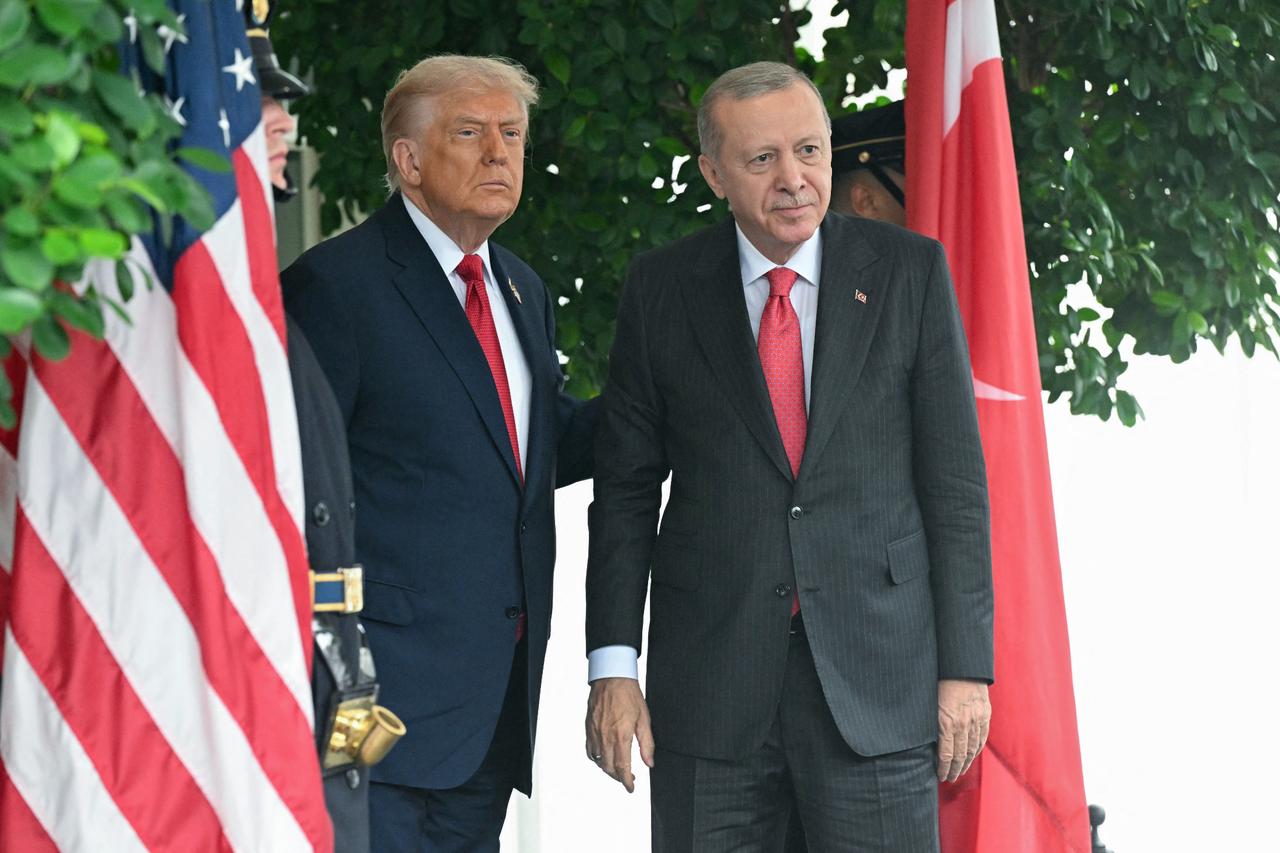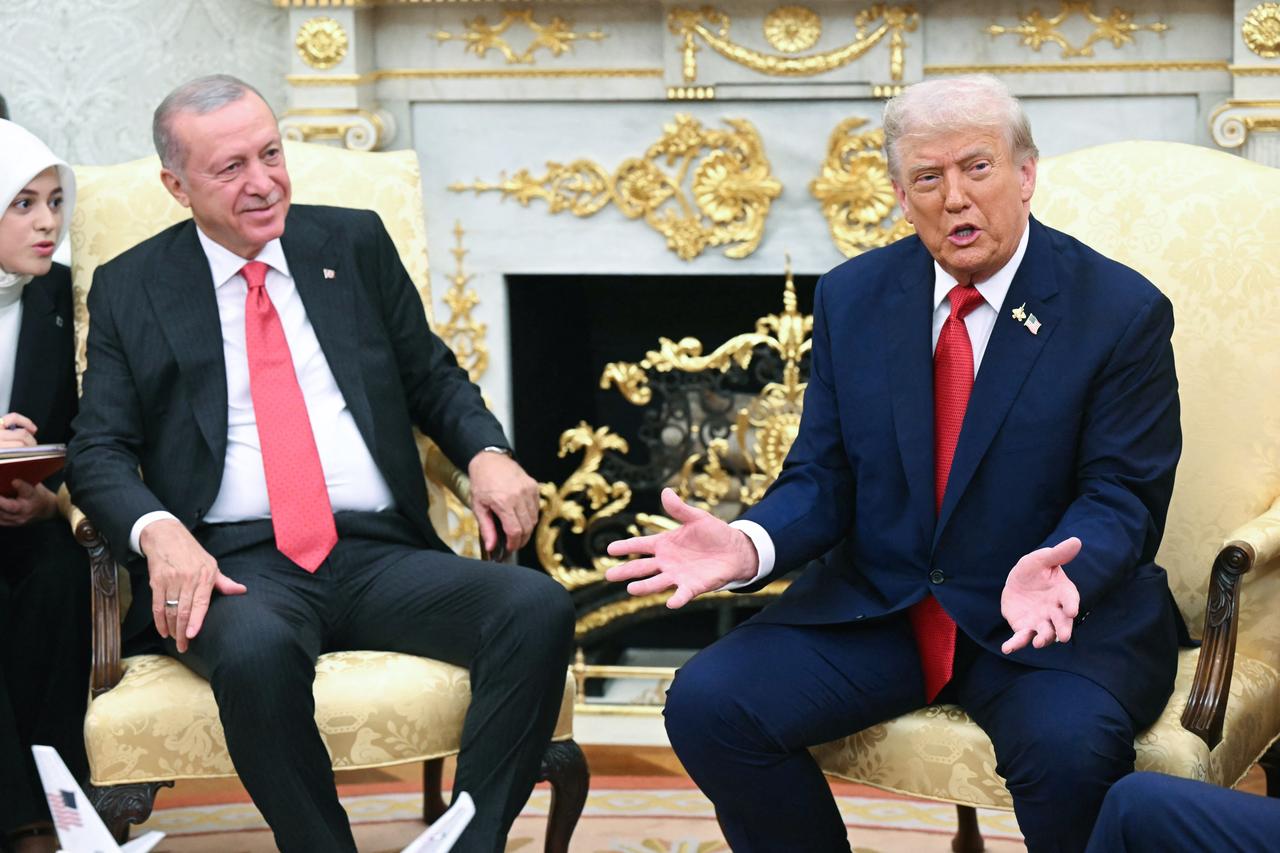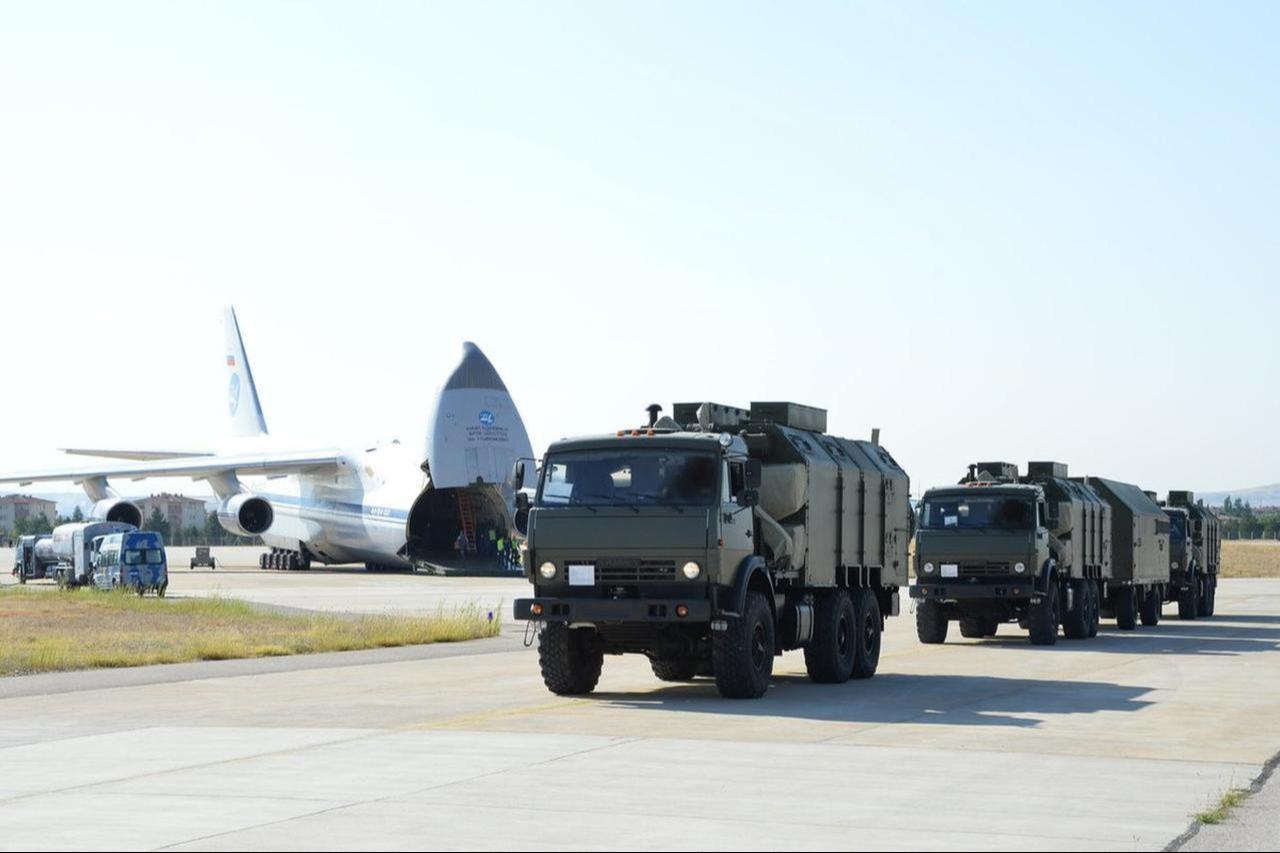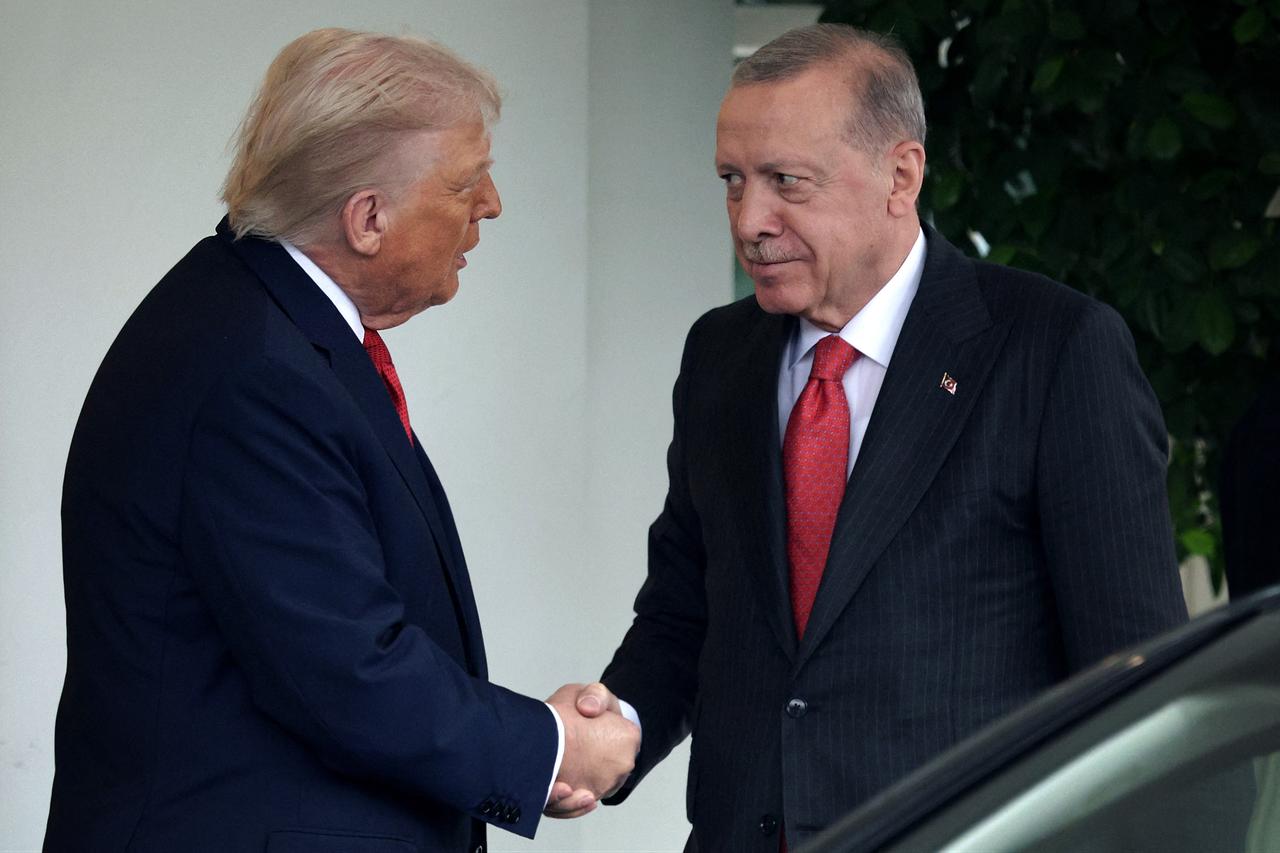
U.S. President Donald Trump signaled last week to Turkish officials that he could lift sanctions on Türkiye if Ankara ends its oil trade with Russia, Middle East Eye (MEE) reports.
During an Oval Office meeting with President Recep Tayyip Erdogan on Sept. 25, Trump expressed his desire for Türkiye to end purchases of Russian oil.
"I'd like him to stop buying any oil from Russia while Russia continues its rampage against Ukraine," Trump told reporters.

Multiple sources familiar with U.S.-Türkiye discussions, speaking to MEE, said Trump privately linked Türkiye's Russian oil imports to the sanctions imposed in 2020 after Ankara's purchase of the Russian S-400 air defense system.
Türkiye was hit with two categories of sanctions after the S-400 purchase. U.S. officials communicated to Türkiye that lifting sanctions imposed by Congress under the National Defense Authorization Act, or NDAA, would be more difficult than lifting the other penalties placed under the Countering America's Adversaries Through Sanctions Act, or also known as CAATSA.
An amendment to the 2020 NDAA restricts the transfer of F-35 fighter jets to Türkiye and does not include a presidential waiver.
"Trump doesn't like the NDAA language, but can't work around it," a senior Western official told Middle East Eye on Thursday.

A former U.S. official and a senior Western official familiar with discussions within the Trump administration told MEE that the president informed Türkiye that he could act more quickly on CAATSA sanctions if Ankara ceased buying Russian oil.
In addition to the NDAA, Türkiye's Presidency of Defense Industries, also known as SSB, the top procurement agency, was hit with sanctions under CAATSA. This included a ban on U.S. export licenses to SSB, as well as asset freezes and visa restrictions that Turkish and U.S. officials say have stifled broader defense cooperation.
Türkiye has long sought the removal of both sets of sanctions. Trump said last week that he could "immediately lift them" if his meeting with Erdogan went well.
According to LSEG data cited by Reuters, Türkiye is the second-largest importer of seaborne Russian Urals crude after India. While Ankara has not joined Western sanctions on Russia, it has complied with international laws and restrictions.
Trump publicly lobbied NATO countries to stop purchasing Russian energy at the U.N. General Assembly in September. Türkiye is not the only buyer of Russian energy in the alliance; both Slovakia and Hungary are also buying sizable quantities.
A former U.S. official said Trump was looking to leverage defense discussions with Ankara to energy, and he "will not move on sanctions until Türkiye addresses Russian oil purchases."
"If U.S. demands include natural gas, that would be impossible," he said, adding that 25% of Türkiye's total energy is supplied by Russian gas, with a "much higher percent for electricity and households."
The White House believes it would be easier for Türkiye to cut out Russian oil purchases, Middle East Eye understands.

President Erdogan held a phone call with Trump on Friday, according to the Turkish Presidency Communications Directorate.
The call, made at the other side's request, addressed bilateral relations between Türkiye and the U.S., as well as the situation in Gaza.
Erdogan stated during the call that his visit to Washington further strengthened Türkiye-U.S. relations, emphasizing the importance of taking steps to strengthen cooperation in all areas, particularly in the defense industry.
Erdogan noted that Türkiye is making intensive efforts to ensure peace and tranquility throughout the region, especially in Gaza, and they welcome initiatives aimed at this goal.
Erdogan emphasized that Türkiye is accelerating its diplomatic efforts for peace and will continue to contribute to the global peace vision, stressing that Israel's cessation of attacks is crucial for the success of initiatives to establish peace in the region.

The removal of CAATSA sanctions is viewed in Ankara as a key goal, as the U.S. president has the authority to lift them by submitting a certification to Congress stating that sanctioned individuals and entities are no longer conducting significant transactions with Russia's defense sector.
Although Türkiye initially intended to acquire several S-400 systems, it ultimately bought only one in 2020, and no additional deals with Russia have been made since.
In April, Foreign Minister Hakan Fidan stated that Türkiye's defense industries and companies hope to purchase around $20 billion worth of spare parts from the United States once sanctions are lifted.
Fidan also noted last weekend that Ankara's request to buy F-16 engines for its fifth-generation Kaan fighter jet program has been blocked by Congress.
"CAATSA is creating a chilling effect on any military transactions," said a source familiar with the negotiations.
Türkiye is seeking to acquire approximately 100 F-16 engines in a deal worth billions of dollars.